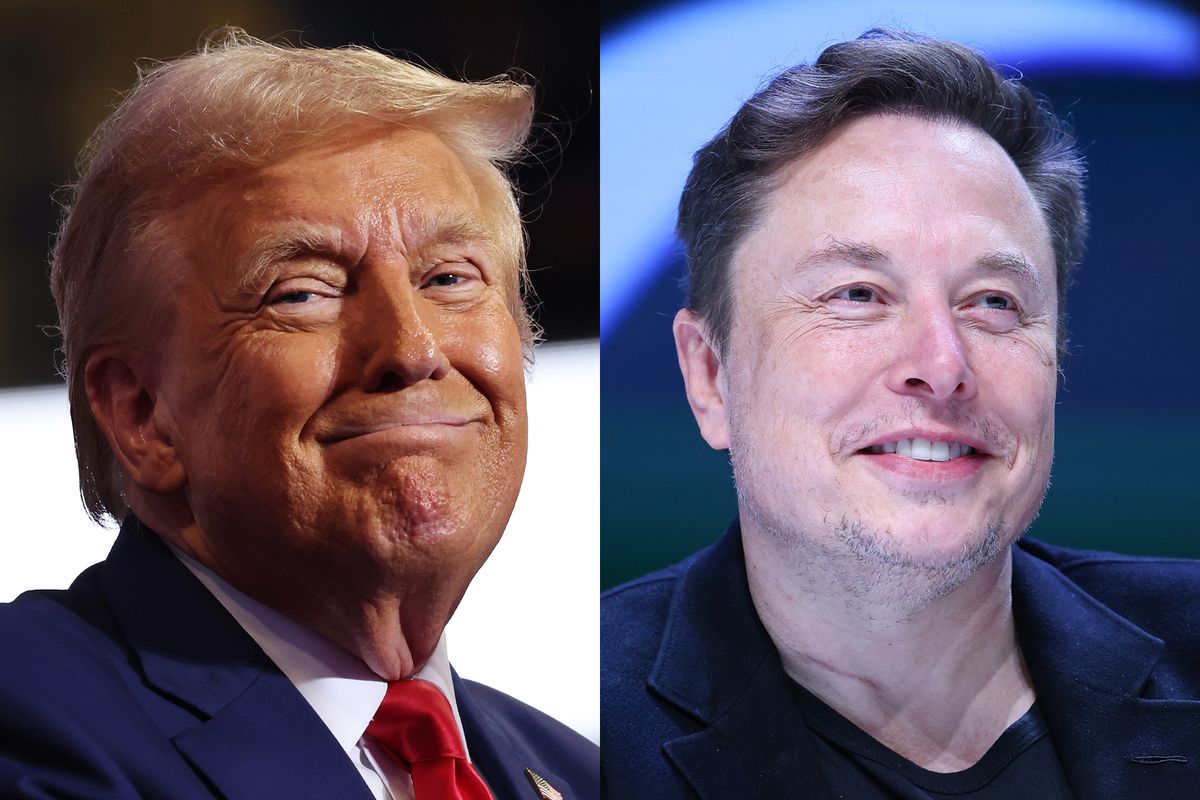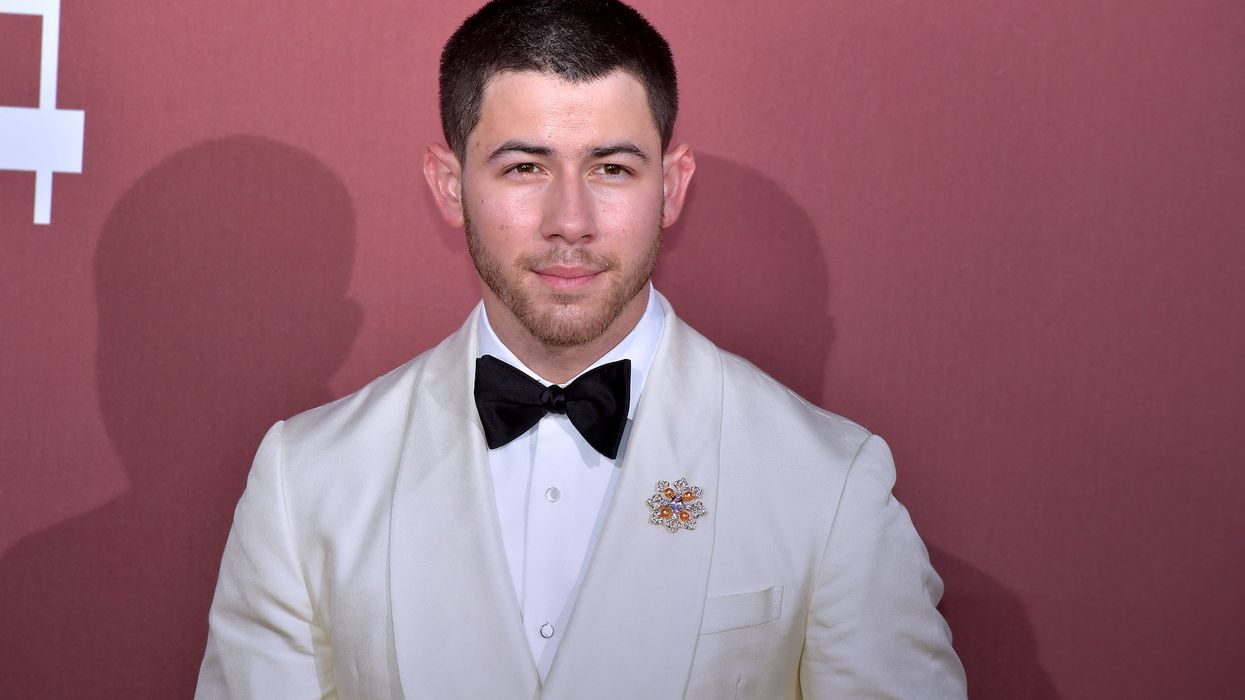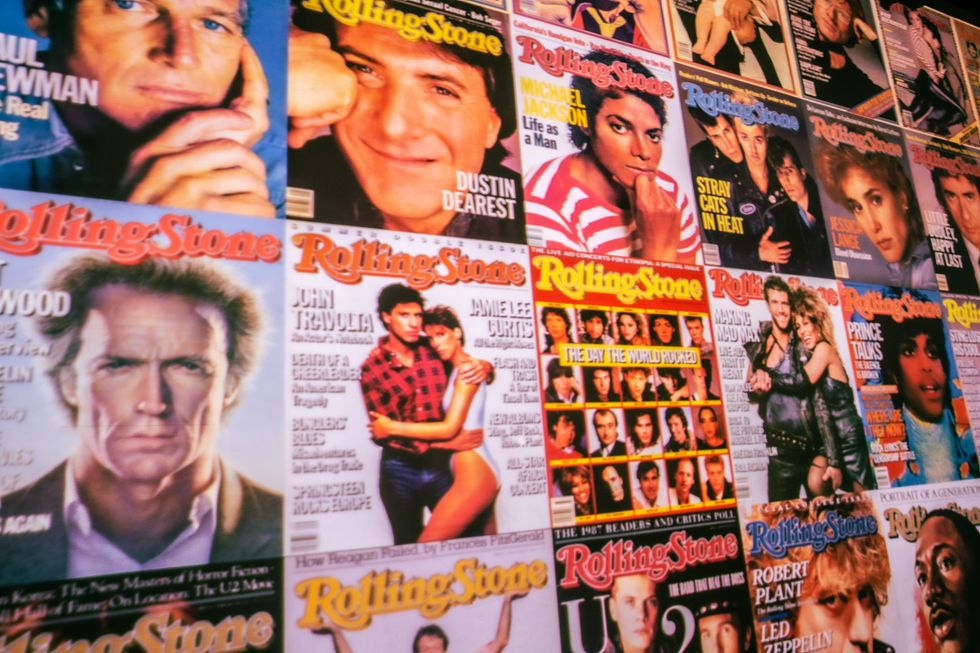Not until its next campaign filing in October will we know how much Elon Musk has donated to America PAC, a Super PAC he launched along with other Silicon Valley elites with the aim of electing Donald Trump. But we do know how much the organization is spending — and, more curiously, that it’s relying on strategists and vendors connected to some of the most expensive failed political campaigns in recent memory.
Musk publicly endorsed Trump in the immediate aftermath of a July assassination attempt at a Pennsylvania rally that wounded the GOP nominee for president and left one attendee dead and two others gravely injured. Days later, the Wall Street Journal reported that Musk planned to funnel $45 million a month to the Austin-based, Trump-aligned America PAC — though in a subsequent interview with Canadian psychologist Jordan Peterson, the billionaire Tesla CEO denied making any such financial commitment, saying that he does not subscribe to a “cult of personality.” (Before Musk disputed the story, Trump told a rally crowd in Michigan, “I love Elon Musk,” bragging, “He gives me $45 million a month. Not $45 million — he gives me $45 million a month.”)
Musk has, however, confirmed his role in creating the Super PAC, which cannot coordinate with or directly fund the Trump campaign but is free to receive unlimited cash from supporters to cover independent expenditures such as advertising. Among the tech execs and venture capitalists contributing to the group are Bitcoin billionaire twins Tyler and Cameron Winklevoss — major cryptocurrency investors and companies have backed Trump in hopes of loosened industry regulations — as well as Palantir Technologies co-founder Joe Lonsdale, Sequoia Capital partner Shaun Maguire, and Douglas Leone, a former managing partner of the same firm.
America PAC, which is focused on ground game strategy, got off to a shaky start this election cycle, canceling its relationship with In Field Strategies, a canvassing vendor it had already paid millions, leading the company to terminate the jobs of employees who had relocated to swing states to knock on doors for Trump. Following an internal shuffle, the Super PAC is now led by two people involved in Florida Gov. Ron DeSantis‘ failed bid for the 2024 presidential nomination: Phil Cox, veteran of the DeSantis-aligned Never Back Down Super PAC and a top adviser in DeSantis’ 2022 reelection campaign for governor, and Generra Peck, manager of that 2022 gubernatorial campaign and, briefly, DeSantis’ 2024 presidential primary run.
Peck was replaced three months into that national campaign as it failed to make any headway despite eventually burning through $168 million; among other questionable decisions, she had pushed for DeSantis to announce his candidacy in an audio-only Twitter Spaces event with Musk that turned into a glitch-ridden disaster. Given her new role at America PAC, Peck evidently continues to have a close relationship with Musk, who platformed Trump with another live Spaces event marred by technical difficulties last week — recalling, for many, the disastrous DeSantis launch.
Early in 2023, Cox had left Never Back Down, but he returned to the organization that December amid one of several staff shakeups as DeSantis faltered in the polls. Ultimately, the Super PAC disbursed nearly $140 million as the candidate failed to win a single state in his quest for the GOP nomination. Approximately 10 percent of that cash, $14.7 million, went to Blitz Canvassing, a field team that is part of the GP3 umbrella consultancy group, where Cox is a partner.
Blitz’s door-knocking operations, which use paid canvassers, came under scrutiny during the 2024 primary cycle. Some Republican operatives questioned the efficacy of Never Back Down’s on-the-ground staff, who did not live in the early primary states to which they had been dispatched, were sometimes caught behaving inappropriately, and in certain cases may have taken the gig just for the money. Never Back Down was particularly aggressive with such tactics, for which Blitz was its primary subcontractor. Previously, during the 2016 GOP primaries, Blitz Canvassing received nearly $1 million from Rise to Right PAC, a Super PAC supporting former Florida Gov. Jeb Bush, for get-out-the-vote services. Like DeSantis after him, Bush ran a costly campaign that withered in the reflected glare of Trump — with $150 million spent by the time he dropped out.
America PAC has so far spent more than $21 million on canvassing, field work and digital media, along with campaign merchandise and printing and postage costs. At least $2.6 million of that has gone to Blitz, though the Super PAC is also paying other companies, including Synapse Group, for canvassing and field operations. Meanwhile, the group has been harvesting personal data from residents of battleground states under the guise of helping them register to vote. (The offices of the North Carolina attorney general and Michigan’s secretary of state separately announced investigations into this practice.) Musk himself reportedly takes a hands-on approach to the Super PAC’s operations, which are intended to persuade some 800,000 eligible voters from these contested regions to show up at the polls for Trump instead of potentially sitting out the election. Initial estimates called for a total budget of $160 million, much of it (in theory) to be furnished by Musk.
Trump, for his part, has been effusive about Musk’s efforts to return him to the White House, lauding him as a genius and sharing campaign ads on X/Twitter (which he had largely avoided using after Musk reversed his permanent ban from the platform). Last week, he posted a video that had been digitally altered to make it appear as if he and Musk were performing a dance routine together. Hidden behind the gimmicks and memes, of course, is the serious bankroll that could actually sway the election. The question now is whether Musk’s Super PAC is spending that money on a viable game plan for winning. These consultants and companies have recent track records that hardly suggest a critical advantage, and with someone as capricious as Musk holding the purse strings, a lack of results in battleground polls may unravel the whole venture well before Election Day: There’s only so much money you’ll waste on a candidate who seems bound to lose.














 Catering Presented By The Food DudesPhoto by Snapdrg0n
Catering Presented By The Food DudesPhoto by Snapdrg0n Catering Presented By The Food DudesPhoto by Snapdrg0n
Catering Presented By The Food DudesPhoto by Snapdrg0n Catering Presented By The Food DudesPhoto by Snapdrg0n
Catering Presented By The Food DudesPhoto by Snapdrg0n
 Photographer: Raphaëlle Sohier / Executive production: Elizabeth Crisante & Amanda Dorenberg / Design: Alex Filipas / Post-production: Bryan Egan/ Headpiece: Tristan Réhel
Photographer: Raphaëlle Sohier / Executive production: Elizabeth Crisante & Amanda Dorenberg / Design: Alex Filipas / Post-production: Bryan Egan/ Headpiece: Tristan Réhel Photo: Raphaëlle Sohier
Photo: Raphaëlle Sohier Photo: Raphaëlle Sohier/ Photo production: Bryan Egan/ Blazer:
Photo: Raphaëlle Sohier/ Photo production: Bryan Egan/ Blazer:  Photo: Raphaëlle Sohier/ Blazer: Vivienne Westwood/ Skirt :
Photo: Raphaëlle Sohier/ Blazer: Vivienne Westwood/ Skirt : 

